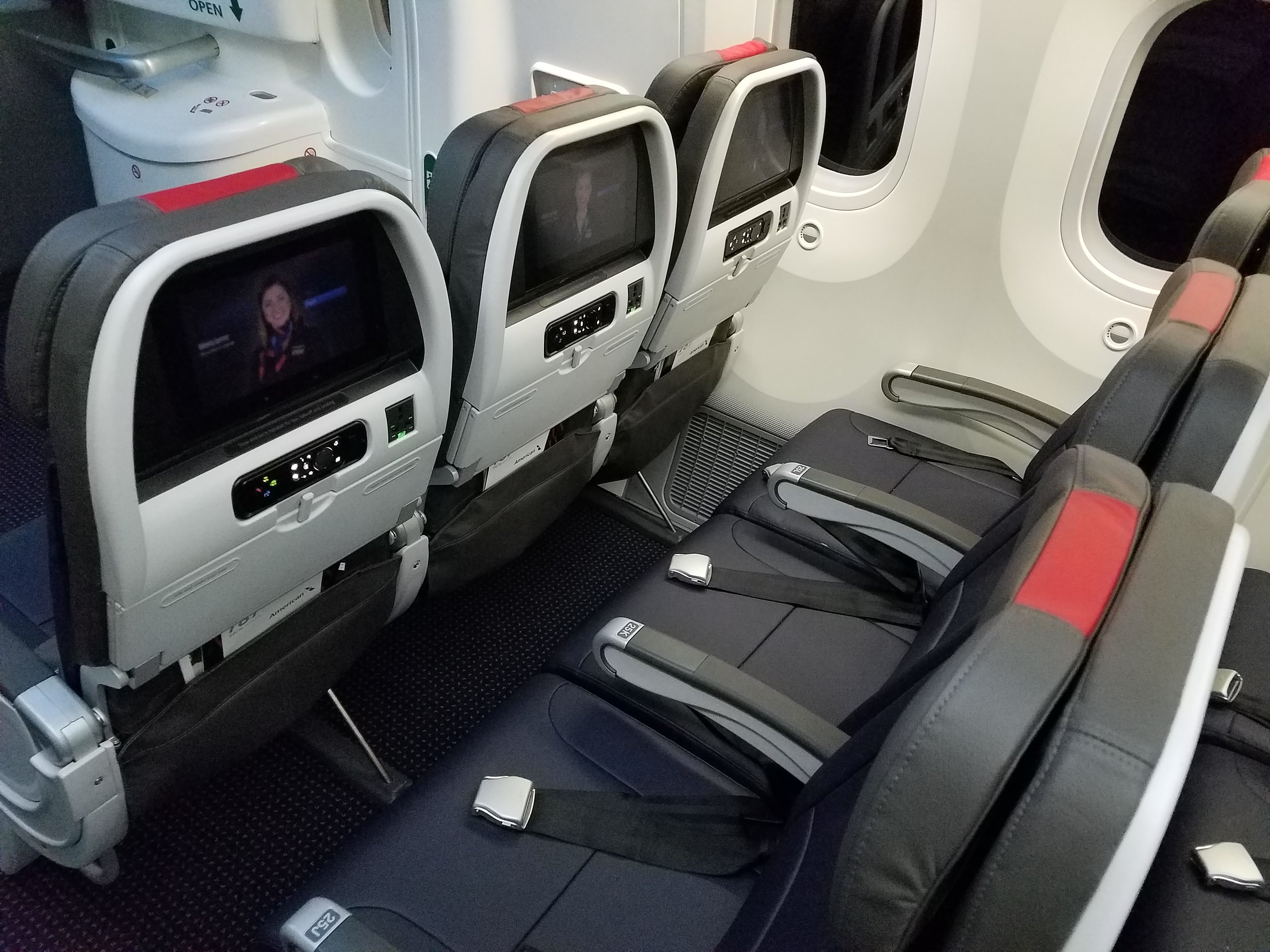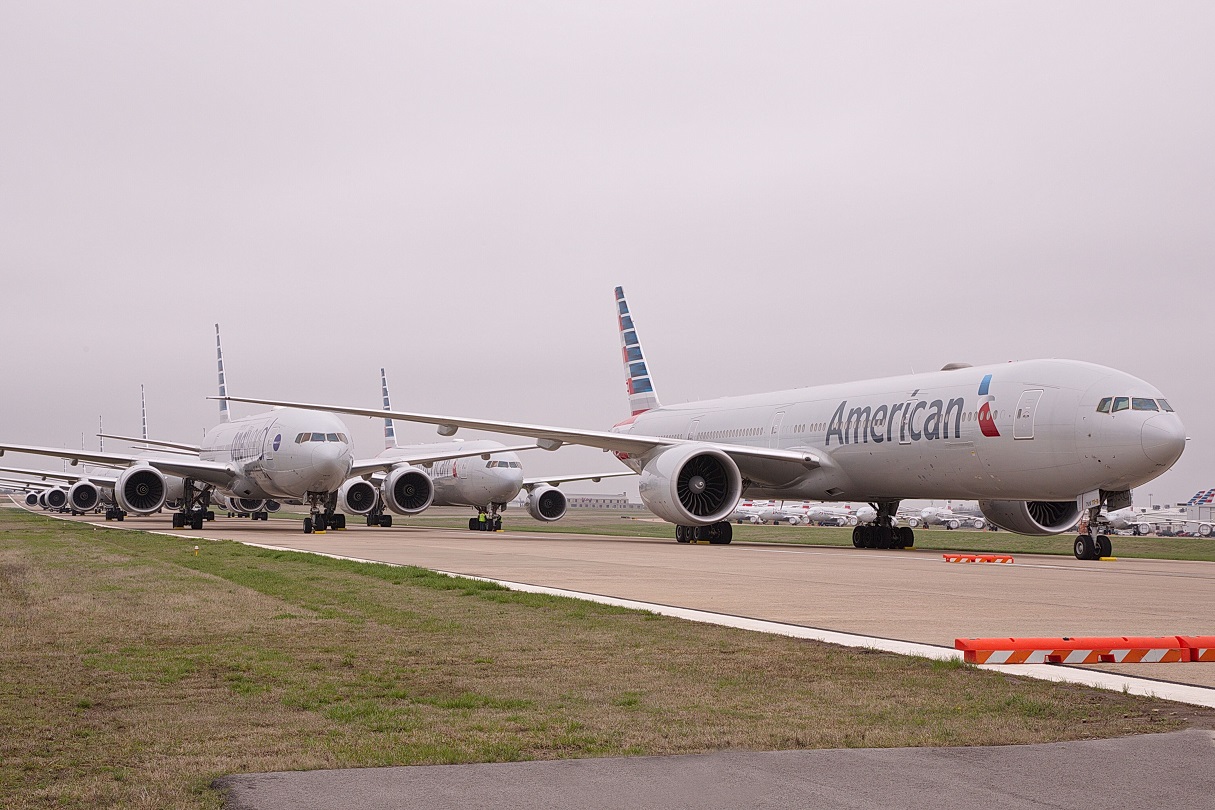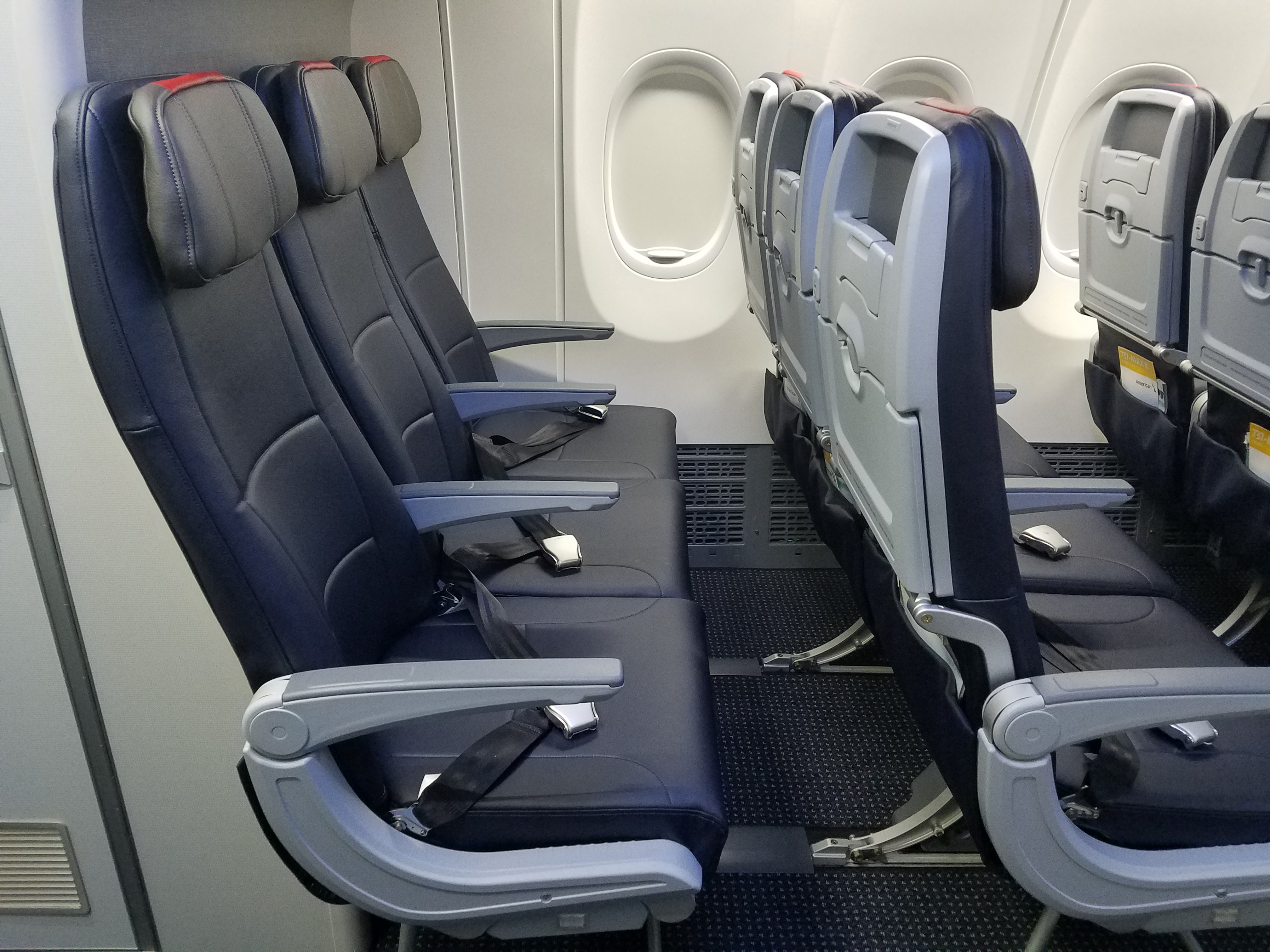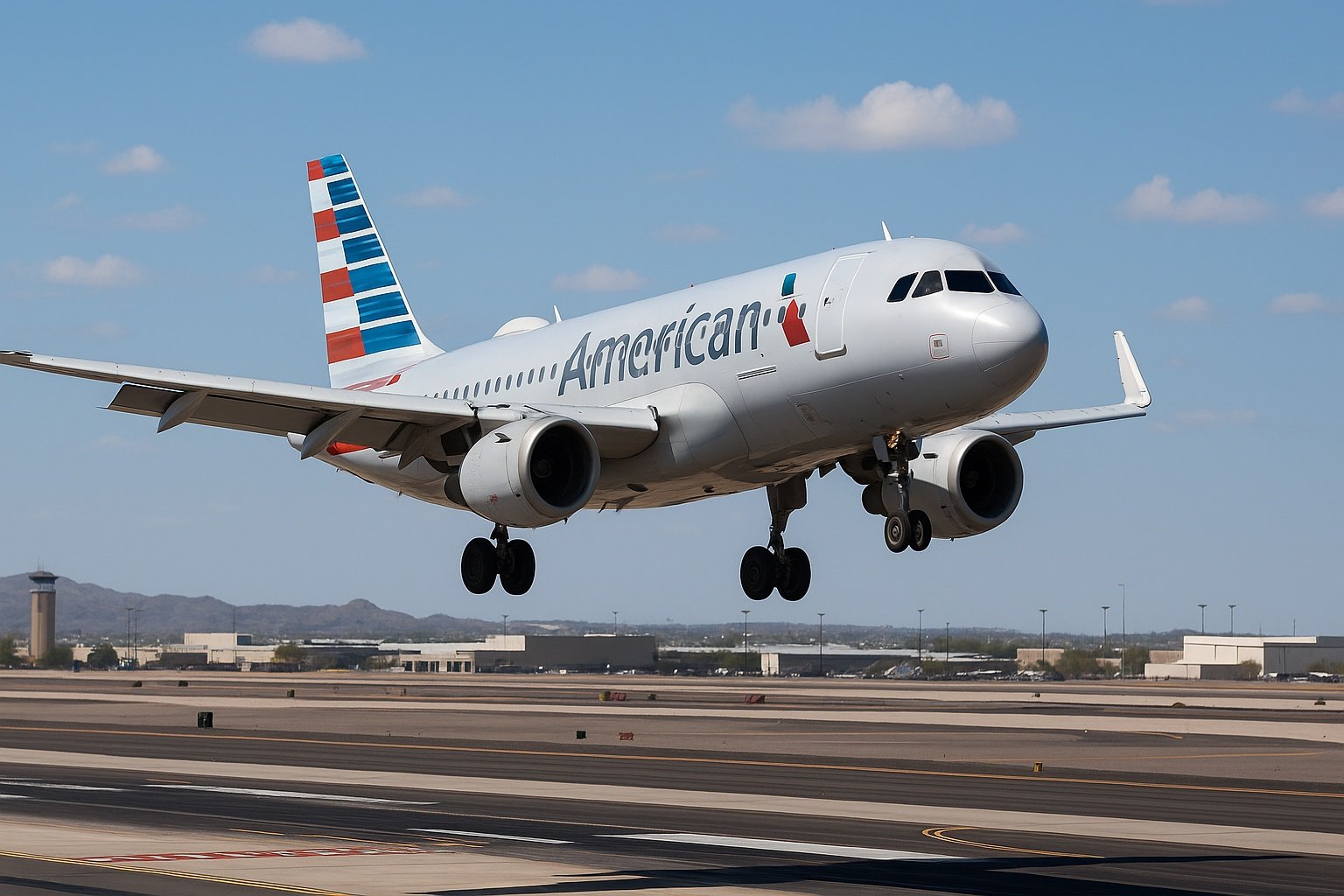American Airlines Expands 7% Commissions To More Travel Agents — Desperate Move After Weak 3rd Quarter?
American Airlines is expanding incentives for travel agents as it tries to win back third party booking business. That they’re doing this suggests to me two things:
- They’ve found paying travel agents does steer bookings. Agents will put customers on flights when they’re paid to do so.
- They’re increasingly deseparate for these bookings, and that their plan to win back corporate and agency business hasn’t accomplished as much yet as they’d have hoped.
American Airlines revenue was flat in the second quarter, a year after officially abandoning their distribution strategy that cut back on sales incentives and support, and pushed agencies to use ‘new distribution capability’ technology that meant selling ancillaries and not just tickets.
Their revenue was flat year-over-year even though they talked up billion dollar improvements.
- American didn’t actually say corporate business travel had grown. They said indirect bookings had grown (and, presumably, direct bookings fell by a similar amount).
- And this was costing them an annualized $320 million in expense (mostly commissions and GDS fees, but also staffing which isn’t included in that figure).

Pulling back from major business markets like New York, Los Angeles, and Chicago hurts them with managed business travel. They remain weak in San Francisco, Seattle, Houston, and Atlanta. They do well, no doubt, with mid-sized Sun Belt businesses.
And managed business travel isn’t fully back, as Delta continued to note in its third quarter earnings call on Thursday – and Delta seems to do the best in this segment.
Consultants aren’t on the road at client sites every week, week after week, the way they used to be when clients may be back in office but outside of finance mostly not every day or everyone on the same day. And more meetings are done virtually than before the pandemic.

Still, American may be spending a lot but probably isn’t getting the revenue contribution they expect because of their network. Plus they don’t have enough premium seats. They spent years removing premium seats from planes, and Delta noted during their earnings call that they have found they need to adjust schedules becaue of lack of premium seats (that premium leisure is buying those, often at a higher price htan corporates, so they haven’t been able to accommodate corporates – while American doesn’t just lack enough seats “up front” but enough extra legroom seats as well).

So American has expanded the pool of agents that they’ll pay commissions to on domestic tickets. A common figure is 7%, even.
- The offer generally excludes the cheapest O, Q, and N class fares
- And they’ll usually pay just 1% on flights that aren’t to competitor hubs out of Charlotte, Dallas, Miami, Philadephia and Phoenix – they likely expect that from those cities they’re going to get the business anyway since they’re the dominant non-stop carrier. (Los Angeles, New York, Chicago and Washington DC hubs are more competitive so they’re willing to pay commissions.)

We’ll get a pretty good sense if I’m right that the strategy of buying business works but hasn’t yet worked well enough when the airline releases its own third quarter earnings in two weeks. They will almost definitely say the strategy is working and delivering the results they expect – but the truth will be in their revenue performance.
United CEO Scott Kirby has said that if American is generating an extra $1.5 billion from their sales strategy (as they claim) and also not making more money, they must be spending and losing that money somewhere (he says they’re losing it at Chicago O’Hare). The truth is that based on last quarter’s numbers the revenue itself doesn’t seem to be there. It needs to be in the third quarter earnings.








